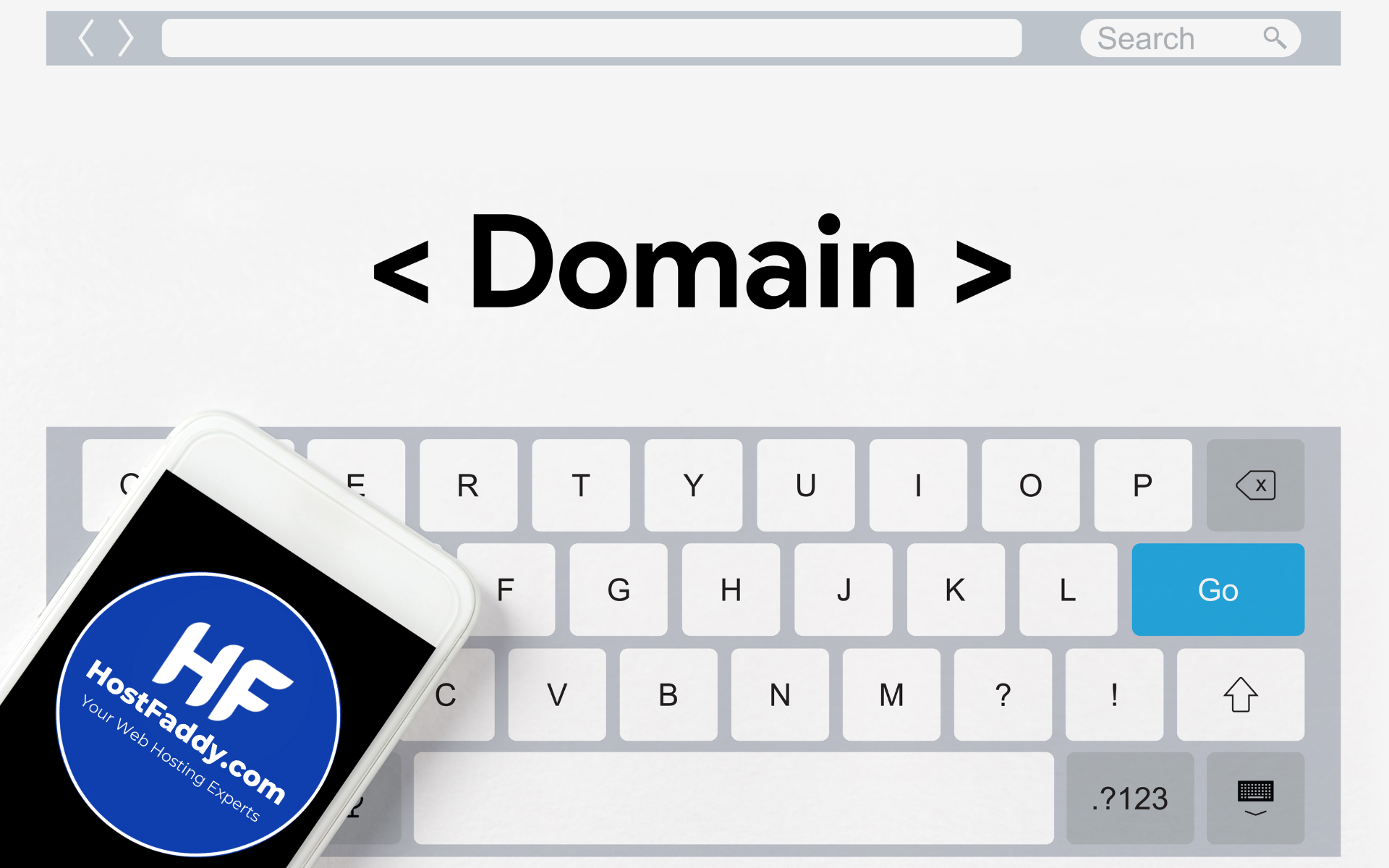In today’s fast-paced, tech-driven world, small businesses are constantly looking for ways to stand out and attract more customers. One of the most effective tools for boosting visibility and engaging with customers is a mobile app. While many small business owners may assume that mobile apps are reserved for larger companies, this is far from the truth. Even small businesses can benefit greatly from having a mobile presence. Below is a detailed breakdown of how a mobile app can help a small business get exposure and thrive in a competitive market.
1. Increased Brand Visibility
- Constant Presence on Customers’ Devices: When a business has a mobile app, it’s on the screen of a customer’s device at all times. Even if customers aren’t actively using it, the app icon serves as a constant reminder of the business. This keeps the brand top of mind.
- Push Notifications for Engagement: Mobile apps enable businesses to send push notifications directly to users, allowing for instant and direct communication. Push notifications can be used to inform customers of promotions, discounts, new products, or updates, driving traffic and engagement.
- Customization and Branding: Mobile apps allow businesses to fully customize the user experience to align with their brand identity, offering a seamless experience that reinforces the company’s values, style, and offerings. A unique and well-designed app can differentiate a small business from its competitors.
2. Improved Customer Experience
- Convenience and Accessibility: A mobile app offers customers a simple and convenient way to access the products or services of a small business. With just a tap on their mobile device, they can browse, shop, book services, or get in touch with customer support.
- Personalized Experiences: Mobile apps allow for data collection and personalization, creating customized experiences for users. By tracking user behavior, preferences, and history, businesses can offer personalized recommendations, tailored content, and exclusive offers that resonate with individual customers.
- Streamlined Communication: Many mobile apps include features such as chat support, FAQs, and contact forms, which make it easier for customers to ask questions, provide feedback, or seek help, resulting in faster resolutions and higher satisfaction.
3. Strengthened Customer Loyalty
- Loyalty Programs and Rewards: Many small businesses use mobile apps to implement loyalty programs. Offering points, discounts, or special deals through the app incentivizes customers to keep coming back. These rewards can be easily tracked and redeemed through the app, increasing customer retention.
- Exclusive Offers for App Users: By creating exclusive deals, discounts, or early access to new products for app users, businesses can encourage more customers to download the app and engage with the brand more frequently.
- Building a Community: With features such as in-app forums, social sharing, or interactive content, businesses can foster a community around their brand. This builds a sense of belonging among customers, encouraging them to promote the brand to their friends and family.
4. Enhanced Marketing Capabilities
- Data Collection for Targeted Marketing: Mobile apps provide businesses with valuable data on user preferences, behaviors, and demographics. This data can be used to create more targeted and personalized marketing strategies that resonate with specific customer segments.
- Integration with Social Media: Many mobile apps offer integration with social media platforms, allowing customers to easily share products, services, or experiences with their networks. This encourages organic growth and increases brand exposure.
- Geo-Targeted Marketing: Mobile apps can use location-based services to deliver personalized offers and promotions based on a customer’s geographical location. For example, a small coffee shop can send a discount offer to users who are nearby, driving foot traffic to the store.
5. Cost-Effective Marketing and Advertising
- Reduced Advertising Costs: Unlike traditional forms of advertising such as print or television, mobile apps provide a cost-effective way to promote products and services. Businesses can promote deals, send announcements, or introduce new products directly through the app without incurring significant costs.
- Organic Word-of-Mouth Growth: When users have a positive experience with a mobile app, they are likely to recommend it to others. Positive reviews, social shares, and word-of-mouth referrals can help small businesses expand their reach and attract new customers without a hefty advertising budget.
- App Store Listings: By having a presence in app stores (like Google Play and Apple’s App Store), small businesses can reach a global audience. Users who search for specific keywords or categories related to the business may discover the app, resulting in increased exposure and downloads.
6. Direct Sales Channel
- In-App Purchases and Booking: Mobile apps create an additional sales channel for small businesses, allowing customers to purchase products or book services directly through the app. This simplifies the buying process, improves convenience, and increases the likelihood of impulse purchases.
- Mobile Payment Options: Integrating mobile payment options, such as Apple Pay, Google Wallet, or PayPal, makes transactions quick and easy for users. Offering these conveniences improves the overall customer experience and encourages repeat purchases.
- Reduces Cart Abandonment: A mobile app provides a more streamlined and user-friendly shopping experience compared to mobile websites, reducing the chances of cart abandonment and boosting sales conversions.
7. Competitive Advantage
- Staying Ahead of Competitors: Small businesses that adopt mobile apps can gain an edge over competitors who have not yet embraced this technology. By offering a more modern and convenient way to interact with customers, businesses can stand out in a crowded marketplace.
- Positioning as an Innovative Brand: Having a mobile app positions a small business as forward-thinking and tech-savvy. This perception can be particularly beneficial in industries where technological innovation is a key differentiator.
- Enhanced Customer Trust: A well-designed mobile app can enhance the trust and credibility of a small business. Customers tend to view businesses with apps as more professional and reliable, which can help drive conversions and customer loyalty.
8. Real-Time Analytics and Insights
- Tracking User Behavior: Mobile apps allow small businesses to track user behavior in real time, providing valuable insights into what works and what doesn’t. This data can inform marketing strategies, product offerings, and app updates to improve the overall user experience.
- Measuring Success of Campaigns: By tracking user engagement with specific features, promotions, or content, small businesses can measure the success of their marketing efforts. These insights help businesses adjust their strategies for better performance.
- Identifying Trends and Opportunities: With access to real-time data, businesses can quickly identify trends and capitalize on new opportunities. Whether it’s a growing demand for a specific product or a surge in app downloads after a promotional campaign, this data can drive informed decision-making.
Conclusion
In a world where consumers spend an increasing amount of time on their mobile devices, having a mobile app can be a game-changer for small businesses. From improving brand visibility and customer loyalty to creating new sales channels and marketing opportunities, mobile apps offer a range of benefits that can help businesses grow and compete in today’s digital marketplace. Small businesses that invest in a mobile app will not only enhance their relationship with existing customers but also increase their exposure to potential new ones, all while positioning themselves as innovative and forward-thinking brands.








